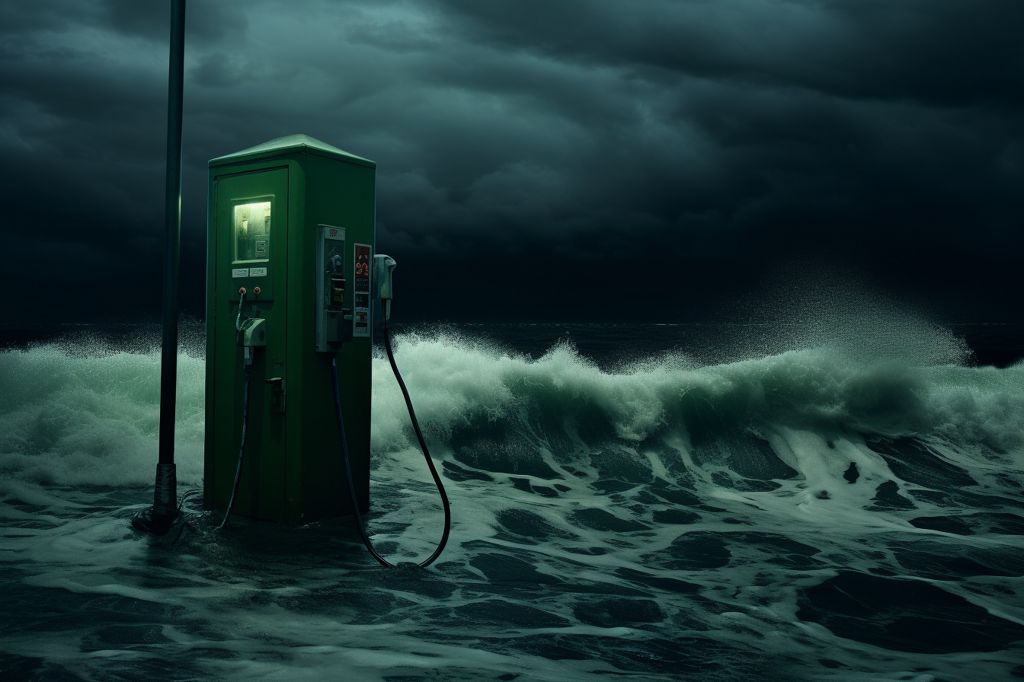As September draws near, motorists should be prepared for a significant blow to their wallets. The weakening rand and high global oil prices are expected to cause a surge in petrol and diesel prices next month, according to preliminary data provided by the Central Energy Fund (CEF).
Anticipated Price Hike
The CEF’s data snapshot suggests that 95 unleaded petrol may increase by approximately R1.26 per litre at the beginning of September, and diesel costs may rise by around R2.50. Currently, daily numbers for petrol and diesel are negative by roughly R2 and R3 per litre, respectively. If this trend persists, petrol prices could hike by more than R1.50 per litre.
Potential Cost
A price hike of this magnitude would cause a litre of 95 unleaded petrol to cost about R23.60 along the coast and R24.33 inland. For areas where 93 ULP is favored, prices may reach around R23.93. This comes after petrol experienced a 37-cent increase at the start of August, while diesel saw a jump between 71 and 72 cents.
Contributing Factors
A combination of a weakening South African rand and consistently high global oil prices has created a perfect storm for the looming fuel price hikes. Although Brent crude oil prices have softened slightly, they still exceed the late-month trading rate of $85. The South African rand has also recently weakened against the US dollar, trading at R18.87 on August 11 compared to the July average of R18.28.
Impact on Inflation
These anticipated fuel price hikes come at a time when general inflation has been steadily decreasing in recent months. Therefore, higher fuel costs could potentially disrupt this favorable trend, further impacting consumer prices.
Uncertainties
It is crucial to bear in mind that these predictions are based on unaudited data, and the Slate Levy may influence the final prices, leading to fluctuations. The Department of Energy and Mineral Resources will make an official announcement on petrol and diesel prices towards the end of the month.
Preparedness
In the meantime, motorists and consumers should be ready for the impending fuel price hikes. As the perfect storm of economic factors converges, the ripple effects on the wider economy are inevitable. While it is uncertain how severely these increases will impact everyday life, it is essential to adapt to these changes and financially prepare for the road ahead.








